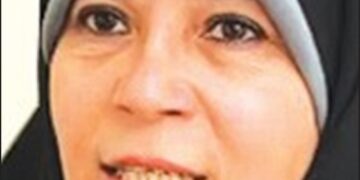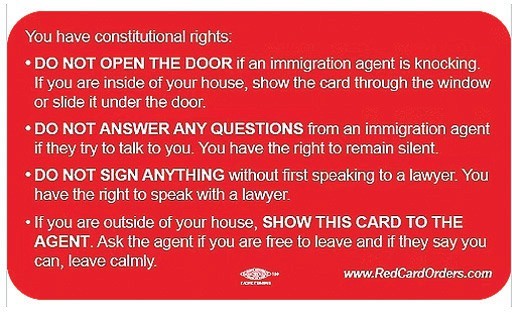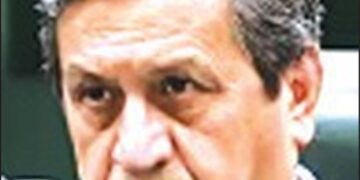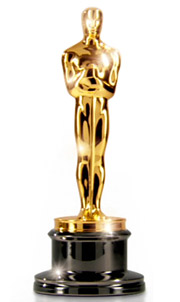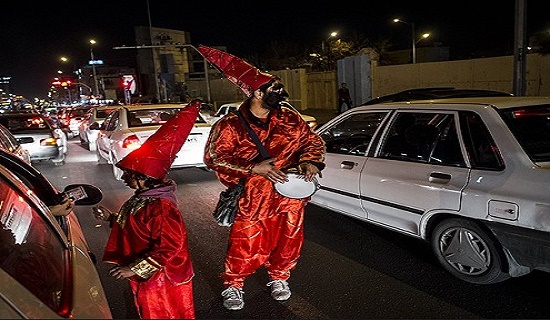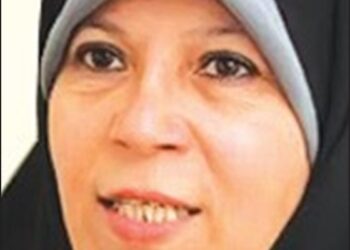August 09, 2019
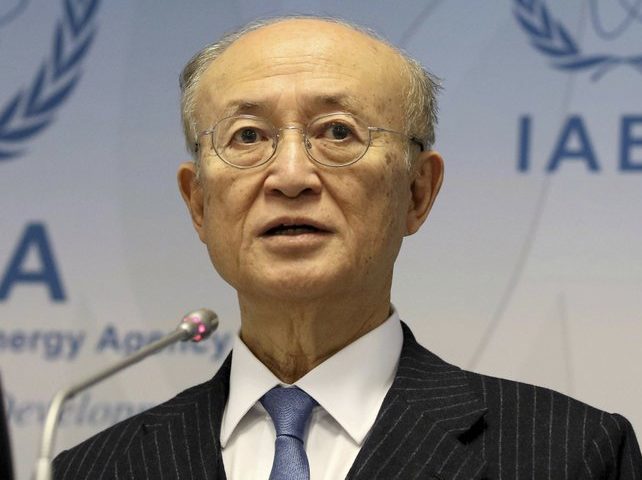
The head of the International Atomic Energy Agency (IAEA), Yukiya Amano, has died after suffering poor health for some time, the IAEA announced July 22, four days after his actual death.
In Tehran, there was some media speculation that he had been killed by Israel and the United States for repeatedly confirming that Iran was adhering to the provisions of the nuclear agreement.
The Tasnim news agency quoted “informed sources” as having “speculated” that Amano “was assassinated by Israel in collaboration with the US for refusing to give in to pressures to raise new fabricated allegations against Iran’s nuclear program.”
Others picked up the allegation, often neglecting to say that Tasnim’s sources were only “speculating” that Amano’s death was a murder. The Iran Times did not see any reference to assassination by the Islamic Republic News Agency (IRNA), the government’s official news outlet, or by state broadcasting.
Amano had been in poor health, reportedly suffering a form of cancer, for many months and died in Japan with his family under medical care there.
The longtime Japanese diplomat, who was 72, had been the IAEA’s director general since December 2009.
“The secretariat of the International Atomic Energy Agency regrets to inform with deepest sadness of the passing away of Director General Yukiya Amano,” the IAEA said in a statement.
IAEA officials said he had died July 18, but the family had requested that the agency not disclose it until after his funeral and burial.
The Tasnim news agency cited the four-day delay and said its sources told it the “US and Israel had kept the news of the death of Amano in the dark for a couple of days after his funeral.”
Amano’s third term as IAEA chief had originally been due to expire in November 2021, but officials said he had drafted a message for the board of governors saying he would step down next March because of his health.
Amano had to maneuver amid the competing pressures of powerful governments, as President Trump pressed for more intrusive inspections of Iran and European nations tried to keep the nuclear deal together.
The annual General Conference of all 171 member nations of the IAEA will now choose his successor at its next meeting late in September. Iran will probably have the greatest interest in who is chosen and may plug, as it did in 2009, for someone who is an acknowledged supporter of Iran and an opponent of the United States. That is what it did in 2009, when Amano, with US backing, defeated Iran’s choice, the South African ambassador to the IAEA.
As a temporary replacement, the 35-nation IAEA Board of Governors named the agency’s Chief Policy Coordinator, Cornel Feruta of Romania. Feruta, as well as Argentine Ambassador to the IAEA, Rafael Mariano Grossi, are expected to enter the race to succeed Amano, as might others.
The Trump Administration and critics of the Iran deal — including the Israelis — have long argued that Amano was not aggressive enough in demanding access to suspected nuclear sites and that he too easily accepted Iranian declarations about the history of its nuclear program in the last century. They also wanted him to be more aggressive about demanding access to sites around Iran that the critics speculated might be under use for research that violated the agreement. Amano repeatedly said that the agency had access to every place it wanted to inspect.
And upon his death even some of the IAEA’s critics inside the Trump Administration praised Amano’s efforts to navigate some of the world’s most perilous nuclear politics. John Bolton, President Trump’s national security adviser, said in a statement that Amano’s death was a “great loss for Japan, the United States, and to many, many people from around the world.”
While Amano’s role in watching Iran’s nuclear program got the most attention, it was its cancer program—ironically, given that cancer was the cause of his death—that seemed to be at the center of Amano’s personal interest. He gave more than 100 speeches in which he talked about how nuclear technologies could help tackle the disease.
A lawyer by profession and a graduate of the Tokyo University School of Law, he joined the Foreign Ministry in 1972 and was posted to Laos, Belgium and the United States before becoming a specialist in non-proliferation issues.



